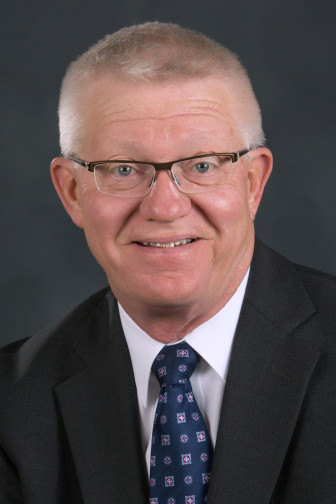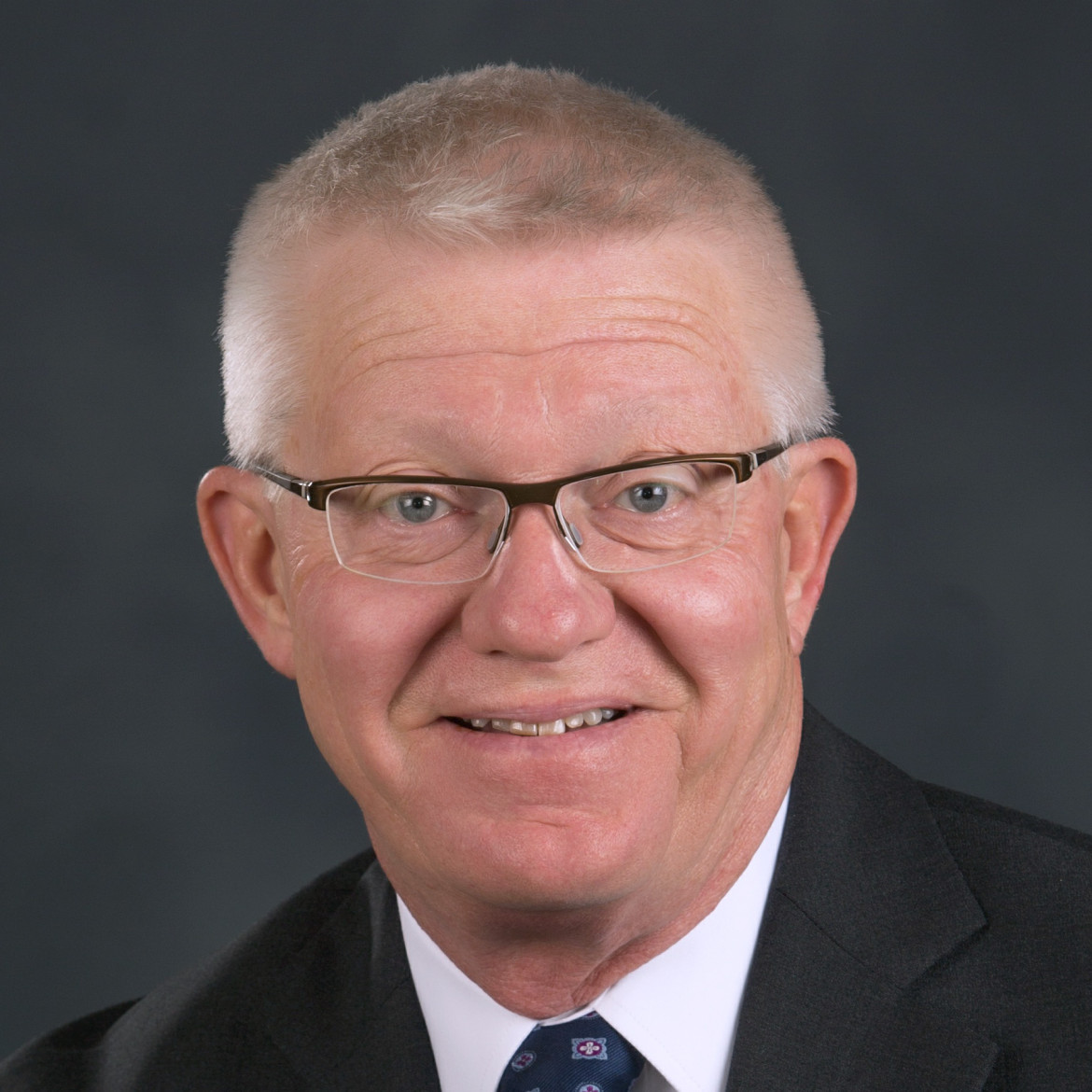 Presidential politics is in full swing and while the number of candidates is being reduced, those remaining are still in the platitudes stage. You know how it goes: Each speaker states his or her faith in America, the strength and world leadership of the United States, the need to right the wrongs of past politicians, that progress must be made and that only “Change!” can save our future.
Presidential politics is in full swing and while the number of candidates is being reduced, those remaining are still in the platitudes stage. You know how it goes: Each speaker states his or her faith in America, the strength and world leadership of the United States, the need to right the wrongs of past politicians, that progress must be made and that only “Change!” can save our future.
Change to what?
We have candidates on both ends of the political spectrum whose prospects seem dim in comparison to decades of experience that tells us that a centrist establishment contender will make it to the White House.
As the primaries whittle away at the number of people on the political stage, those remaining will have taken positions on a variety of policy issues, and some may even explain how they would accomplish their policy goals. This structured progression of politics will be repeated by candidates in state and local elections without as much media coverage but with the same orchestrated familiarity.
Some commentators believe that there is something new in this election cycle. They believe that the popularity of Donald Trump and Bernie Sanders contains a difference from past elections. An inexperienced billionaire and a self-identified socialist are unlikely contestants in a presidential race, but they both champion “change” in a way that is attracting millions of likely voters.
The candidates’ beliefs about what change means are worlds apart, but the phenomenon of voter interest in fundamental change is undeniable. What drives those thousands who gather to hear the words of the change candidates? Perhaps it is the dissatisfaction with lowered real wages after an historic world recession, the enormous educational debt of millennials or the wealth gap in our country. Politicians and parties would do well to recognize the reality of dissatisfaction with the world as it is.
[Related: Juvenile Reforms Included in Senate Criminal Justice Package]
On the off chance that a change in rhetoric becomes a work plan, I hope it means voters will support candidates who argue mass incarceration is not good policy or economics. Reducing jail, detention and prison populations and redirecting the dollars involved is now a point of agreement of policy wonks on the right and the left.
Successful candidates should be able to explain that out-of-home placement of any kind is likely to produce continued problems for those kids in foster care or on probation. Adequate assessment leading to effective case management provides better outcomes for kids, and that produces lifelong savings for taxpayers. We know that appropriate services can intervene in cycles of crime and family failures in ways that punishment and incarceration can never provide.
Juvenile justice reform advocates need a realistic plan to produce officeholders at every level of government who understand the current science of brain development and how to apply that science to practice in publicly funded agencies. We can begin by voting. Also, we must contribute our dollars to those candidates who will commit to change in meaningful ways: adequate funding for community services and probation and enacting budgets to produce positive outcomes for kids in conflict with the law and kids enmeshed in the child welfare system.
We must hold the candidates accountable to the electorate. We can ask questions in public forums and suggest questions to moderators and media commentators. Demand plans, not platitudes.
Even with this kind of specifically targeted inquiry, we all know that money still drives candidates and officeholders alike. Money in politics is not an evil. It is just a fact of how Americans choose their government leaders.
So, we need some money. How about a PAC supporting juvenile justice reform candidates? Let’s call it the “P-soup PAC.” It could support Politicians who commit to adequately fund Probation, provide adequate training to Prosecutors and Public defenders, replace Prisons and Punishment with adequate assessment and community services, restructure Payments to provide Positive outcomes — in other words, real change.
We can use the tried and true method of spending dollars to influence elections, but first we have to acquire some. Start with cooking P-soup.
More related articles:
Advocates, Analysts See Pivotal Moment in Push for Reforms
Georgia’s Gov. Nathan Deal: ‘The Ultimate Criminal Justice Reform’
California’s Justice Reform Leaders Explore What’s Next On Agenda

Dear Judge Timberlake,
Your opinion column was right on point. As a mother of an incarcerated son, I know too well the ugly truth about the prison system. Reform will only take place when we let politicians know that we will vote according to their stance on the subject of mass incarceration. Because of what I’ve learned I have formed The National Incarceration Association. It is a voter bloc for the families and loved ones of the incarcerated. In Georgia alone we 55,000 state inmates, to my mind that means we have at least that many people who care about someone inside that vote and pay taxes.
Our voice will count once we come together, and my personal mission is to do just that!